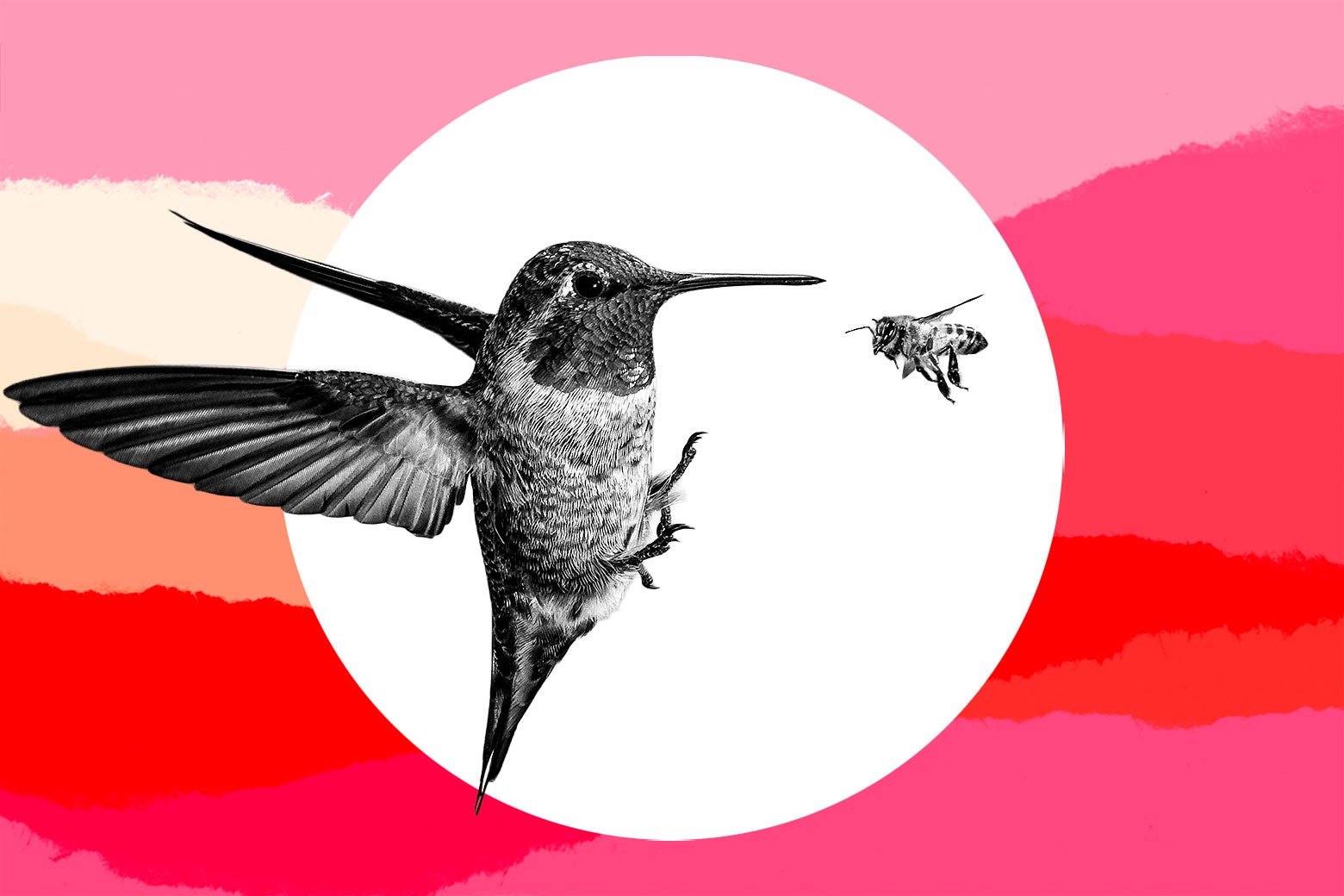Key Takeaways
- Coffee gives you more energy because it has more caffeine than chai.
- Chai is gentler on the stomach and might be better if coffee upsets your stomach.
- Both coffee and chai are good for your heart because they have antioxidants.
Chai is a traditional drink from India that’s made from boiling black tea (often Assam tea) with milk and sugar. A variation of the drink, called masala chai, includes aromatic spices like ginger, cardamom, cloves, and black pepper.
Both coffee and chai offer several health benefits when consumed regularly. However, the main difference between these two is the caffeine content.
Coffee Has a Lot More Caffeine
While the black tea used for chai does provide a moderate caffeine boost, coffee provides about twice as much caffeine per cup:
- 80-100 milligrams in coffee
- 30-50 milligrams in chai
“Coffee provides more of an energy boost due to its higher caffeine content. It can increase alertness, improve physical performance, and sharpen focus,” said Lauri Wright, PhD, RDN, director of nutrition programs and an associate professor at USF College of Public Health.
She said this makes coffee a good choice for people who tolerate caffeine well and are looking for a stronger mental and physical boost, especially in the morning or before workouts.
For some, the jolt can lead to jitteriness, anxiety, or even disrupted sleep. Because chai has less caffeine and an amino acid called L-theanine, it tends to provide a gentler energy boost than coffee.
“Many drinkers describe it as ‘calm energy,'” Wright said. “People who are sensitive to caffeine, have reflux, or struggle with anxiety may do better with chai.”
Chai Might Be Easier on Your Stomach
As a result of its bitter compounds, coffee can stimulate digestive processes, said Megan Wroe, MS, RD, a registered dietitian and the wellness manager at Providence St. Jude Medical Center.
But some of its compounds can also trigger IBS symptoms and be hard on the digestive system, she added. For those with sensitive stomachs, the high caffeine content can also lead to digestive issues.
Chai, on the other hand, is easier on the stomach because of its low caffeine content. If you get masala chai, which typically contains ginger, it can soothe the stomach, aid digestion, and relieve nausea.
Both Are Good for Your Heart
Wroe explained that coffee and chai both contain polyphenols and antioxidants, which are good for the immune and cardiovascular systems.
She said there is a vast amount of research showing consumption of either is associated with a reduction in all-cause deaths.
Long-term studies consistently link moderate coffee consumption with a reduced risk of type 2 diabetes and certain cardiovascular diseases.
Tea drinkers, especially regular black or green tea drinkers, experience similar benefits, which she said is likely due to the polyphenols and flavonoids in tea leaves.
How to Choose Which Is Right for You
If you tolerate caffeine well enough, no rule says you must choose one drink over another. In fact, many people enjoy both.
“Some choose coffee to start the day and drink chai in the afternoon when they want something warm and flavorful without the same caffeine levels,” Wright said.
If caffeine causes you anxiety, upsets your stomach, or disrupts your sleep, she said you may want to opt for chai or even decaffeinated coffee.
It’s important to note that the FDA’s general guideline on caffeine is no more than 400 milligrams per day, which is about four 8-ounce cups.
“Whether choosing coffee or chai, I caution consumers to read labels of pre-made versions and be aware of milk and sugar additions they add themselves,” Wroe noted. “High sugar and additives often found in these drinks create inflammatory effects that somewhat cancel the other benefits.”
Source link
:max_bytes(150000):strip_icc()/FE3F9AD2-9085-40B8-8E8E-AF95656B0B37-048bcc651b0f4063b40038d3df45e712.jpeg)
:max_bytes(150000):strip_icc()/Green-Tea-Depression-Testosterone-Brain-FT-DGTL1025-160e395ea7584fa8a409ce20f436cf00.jpg)

